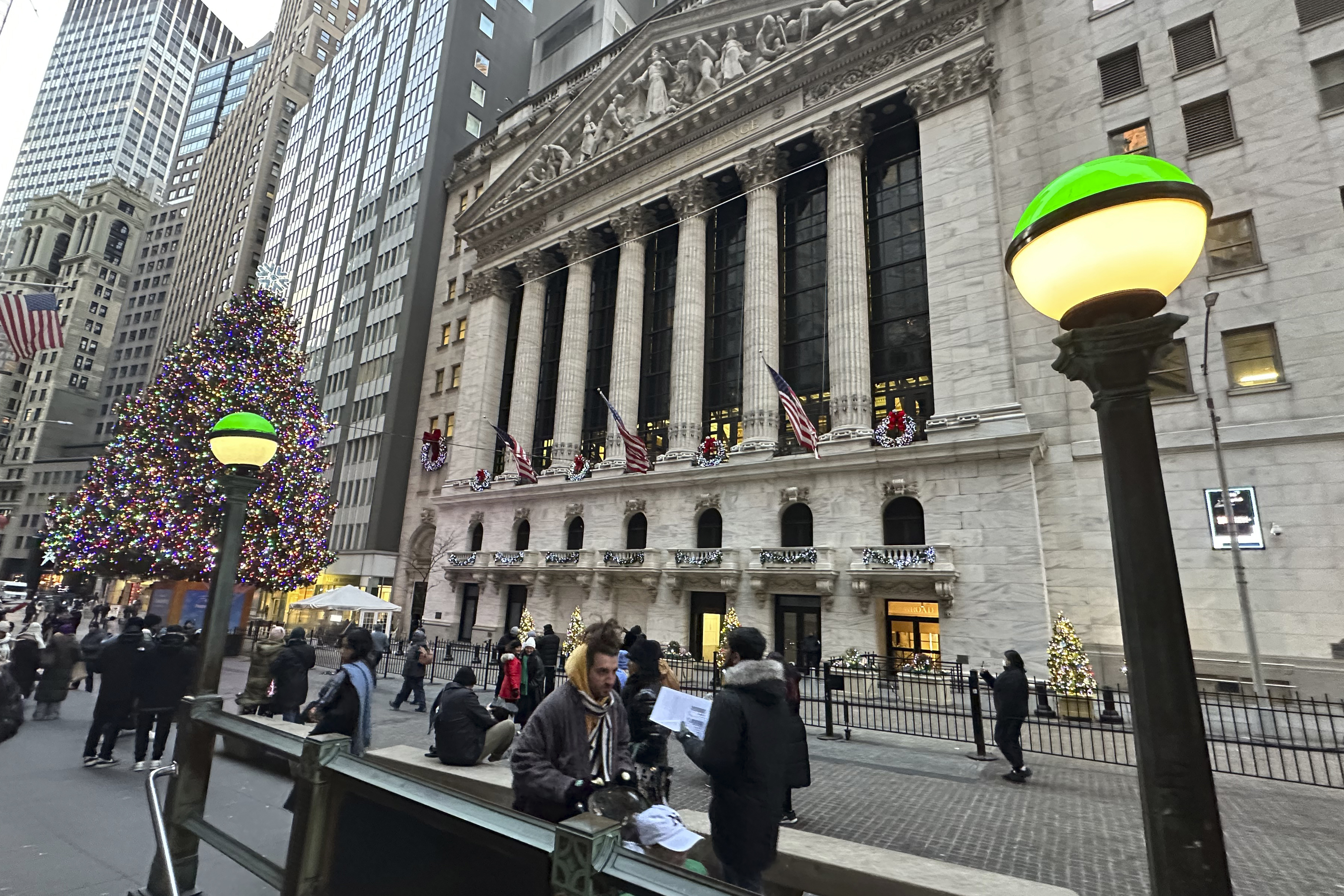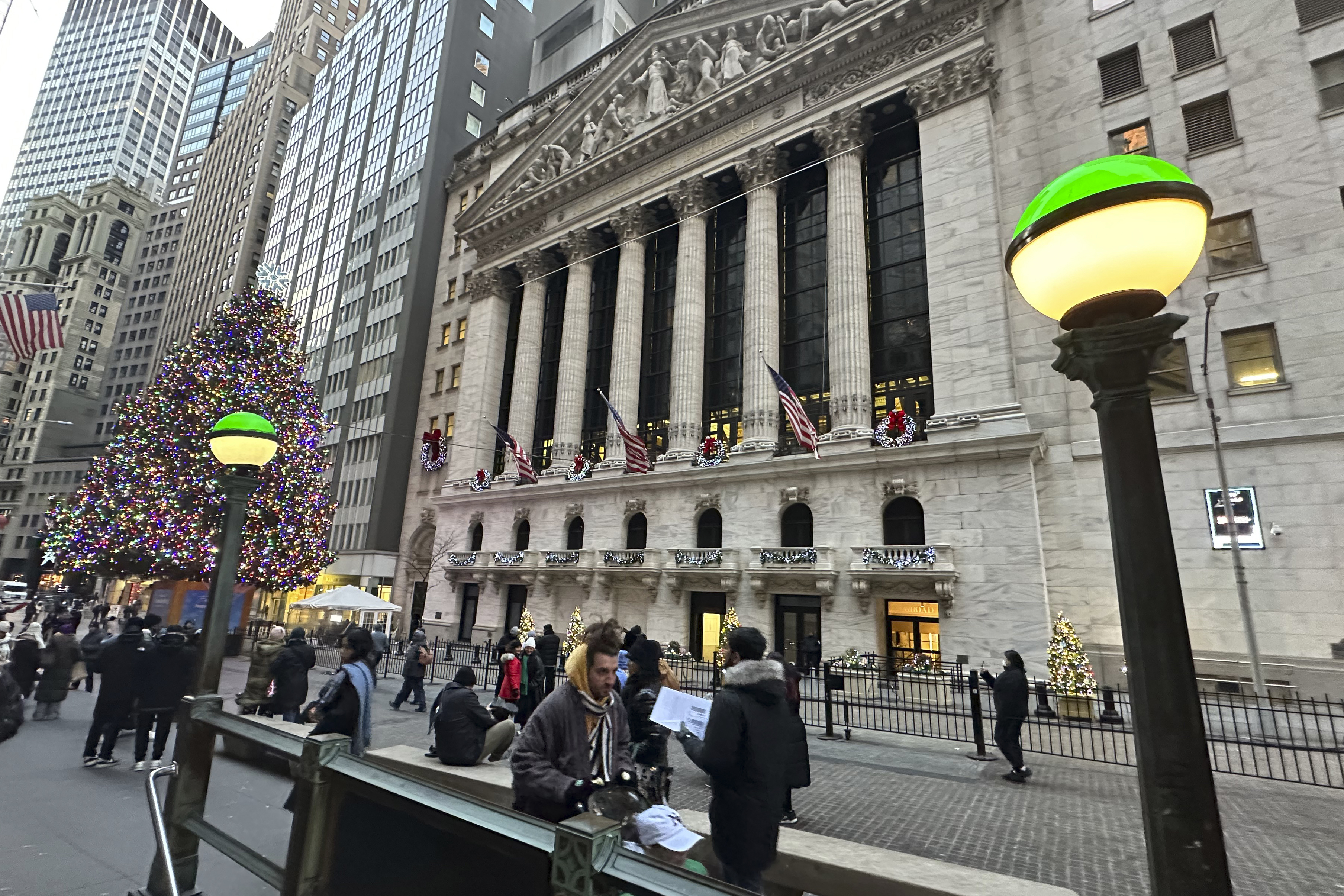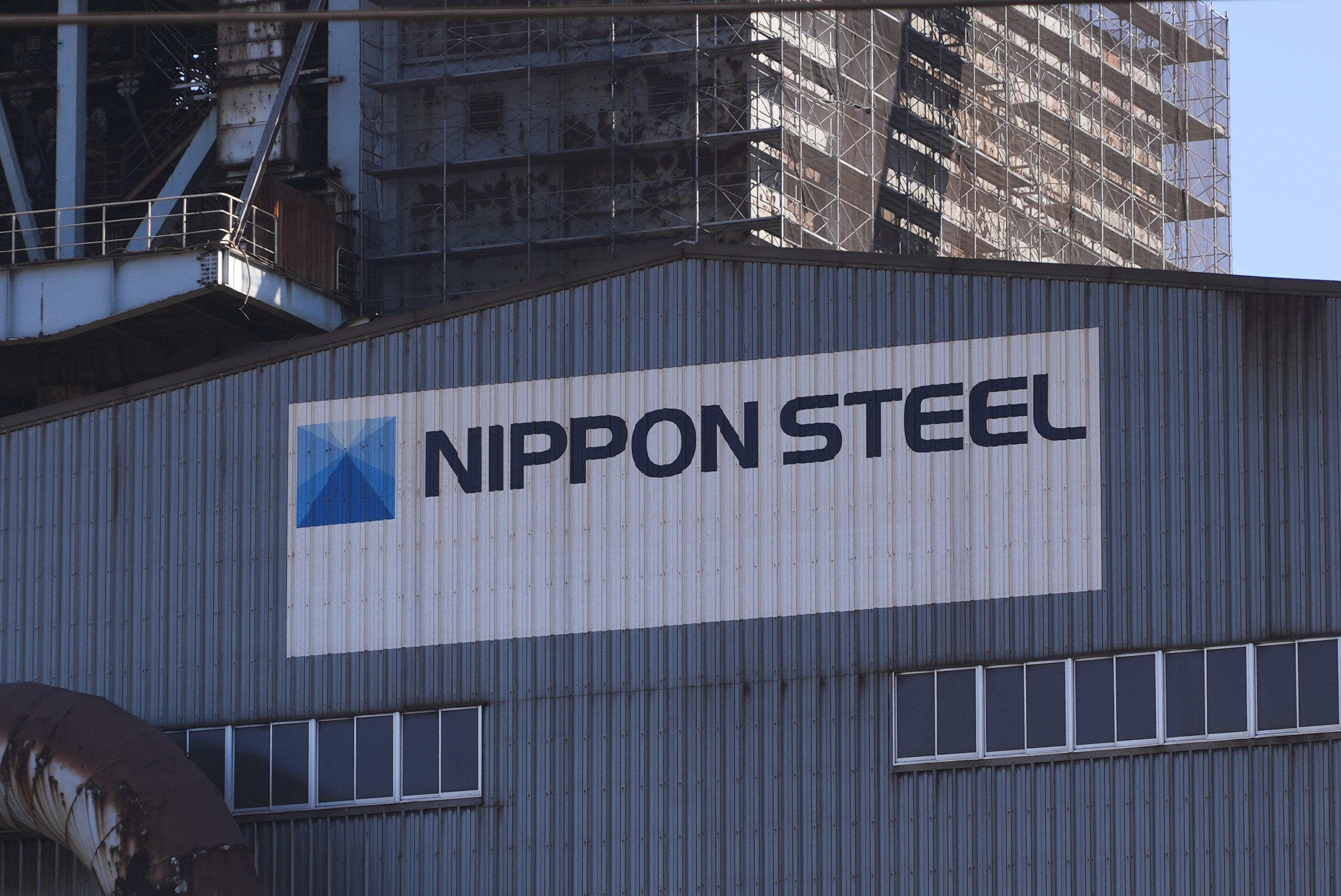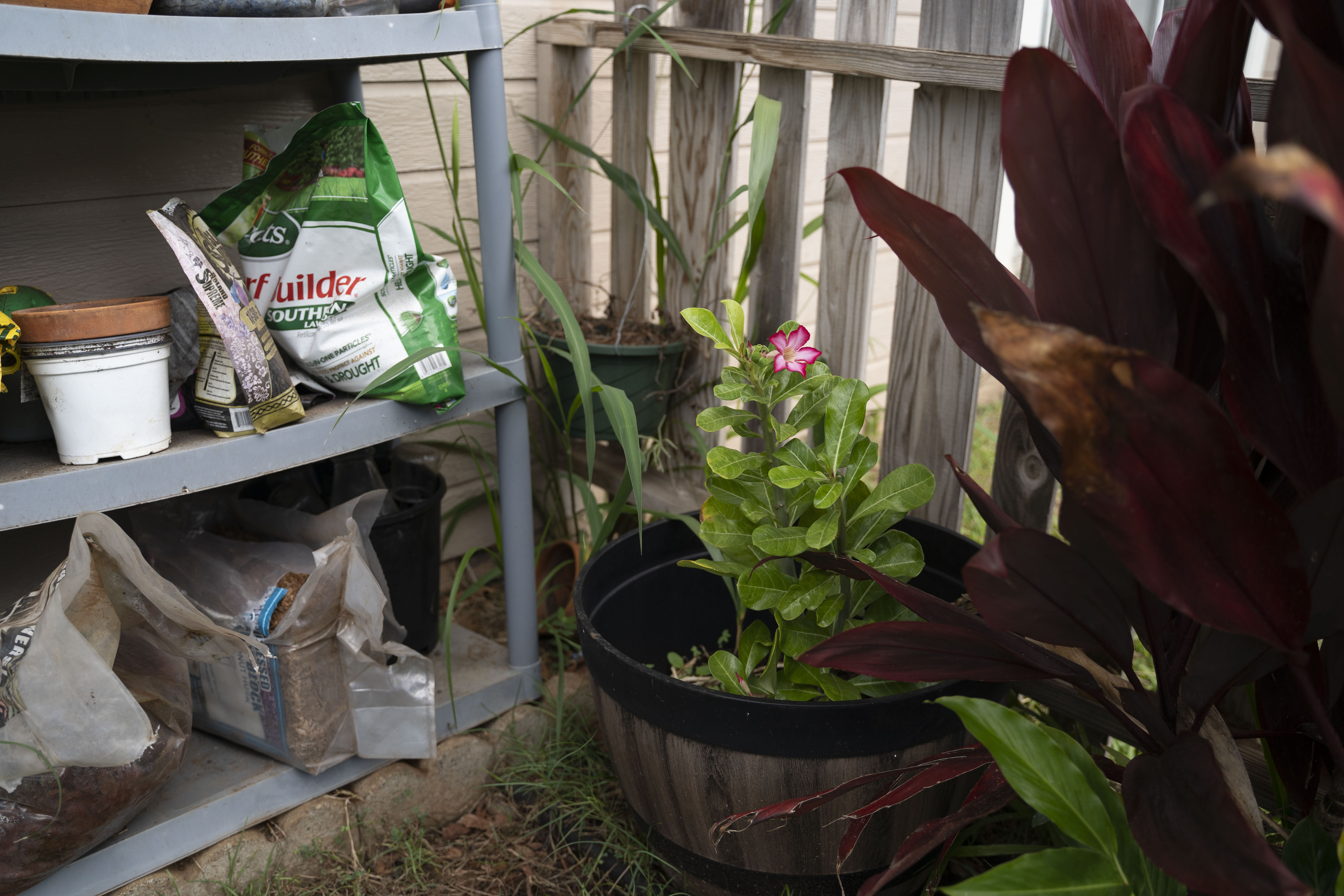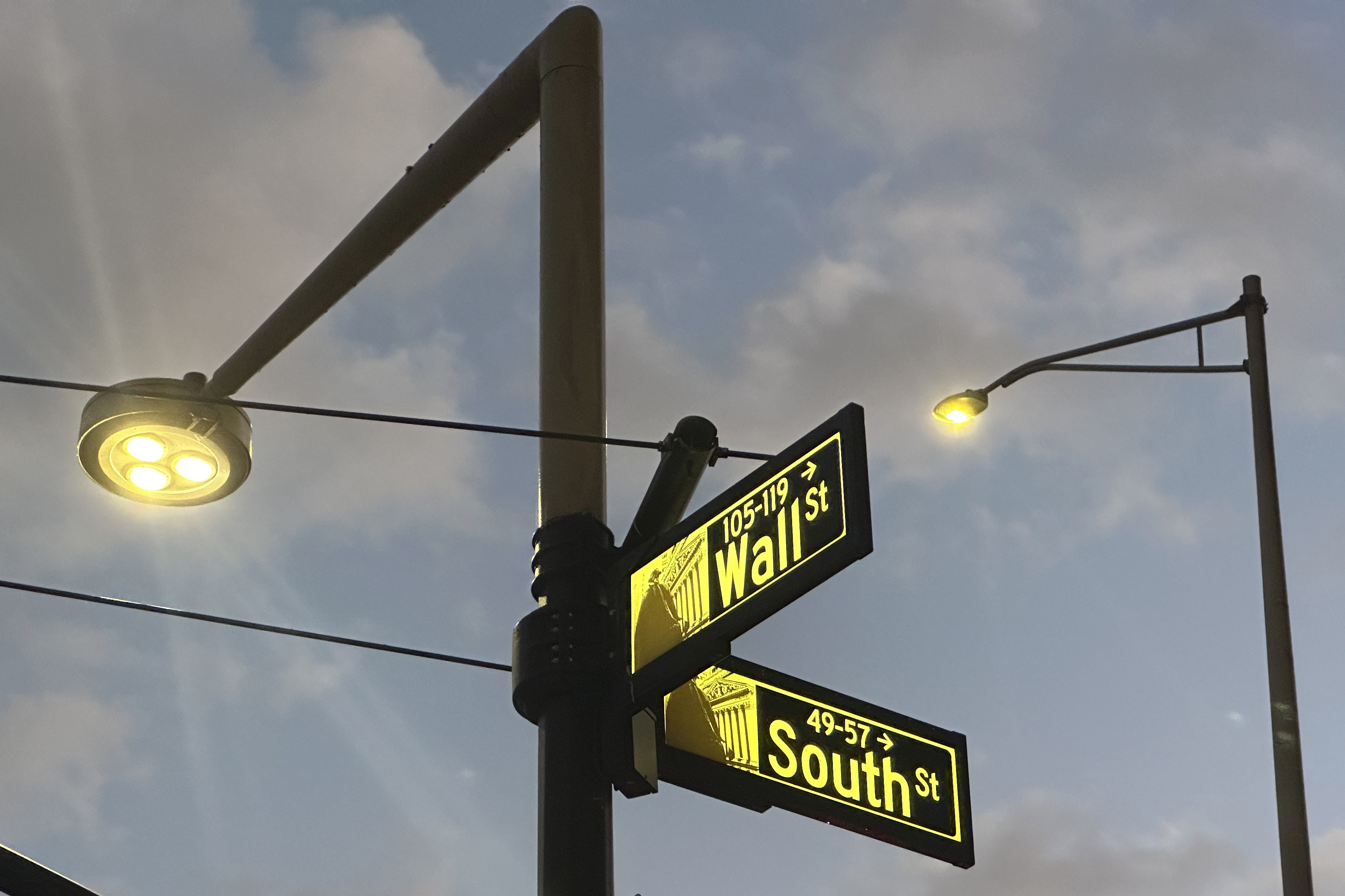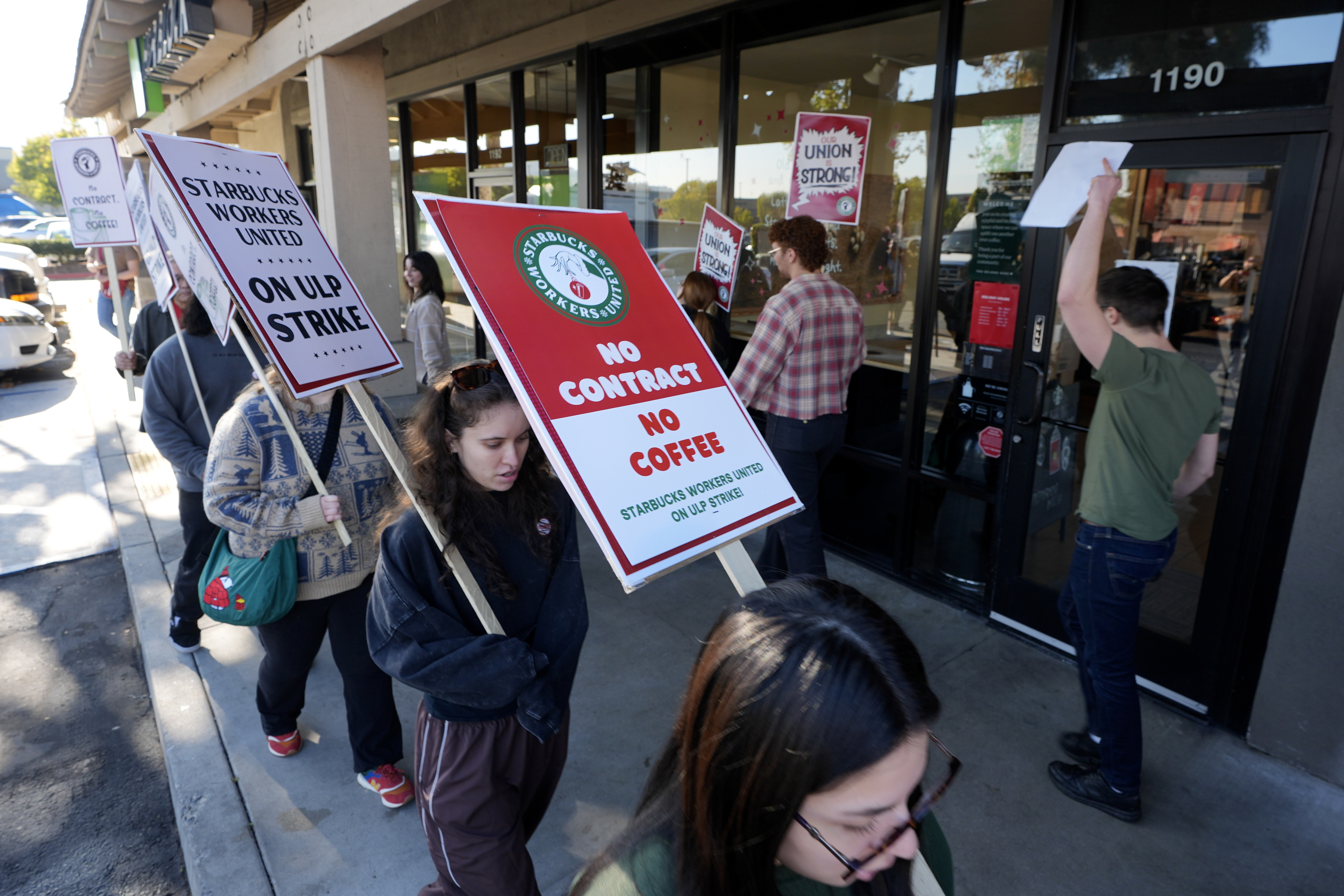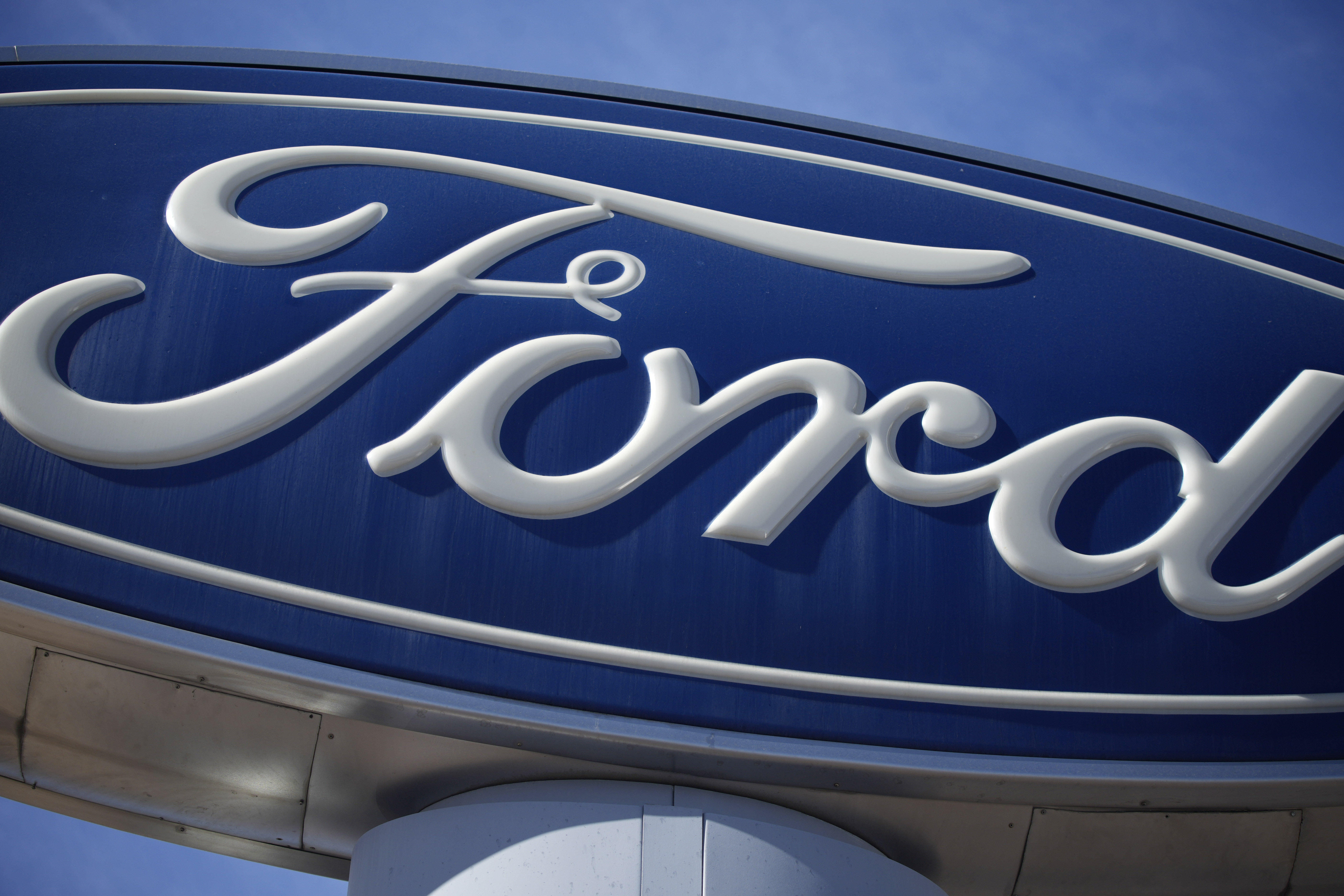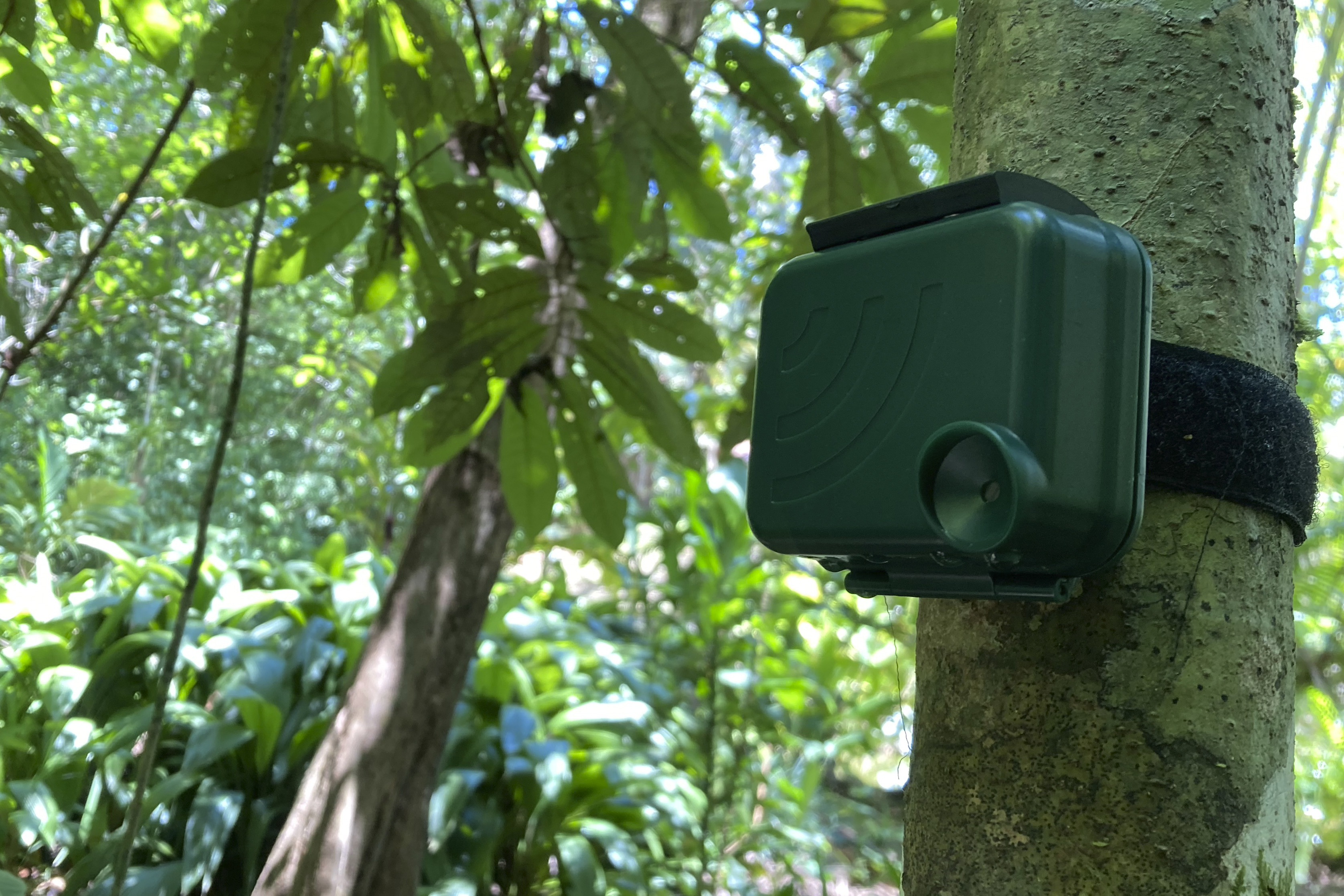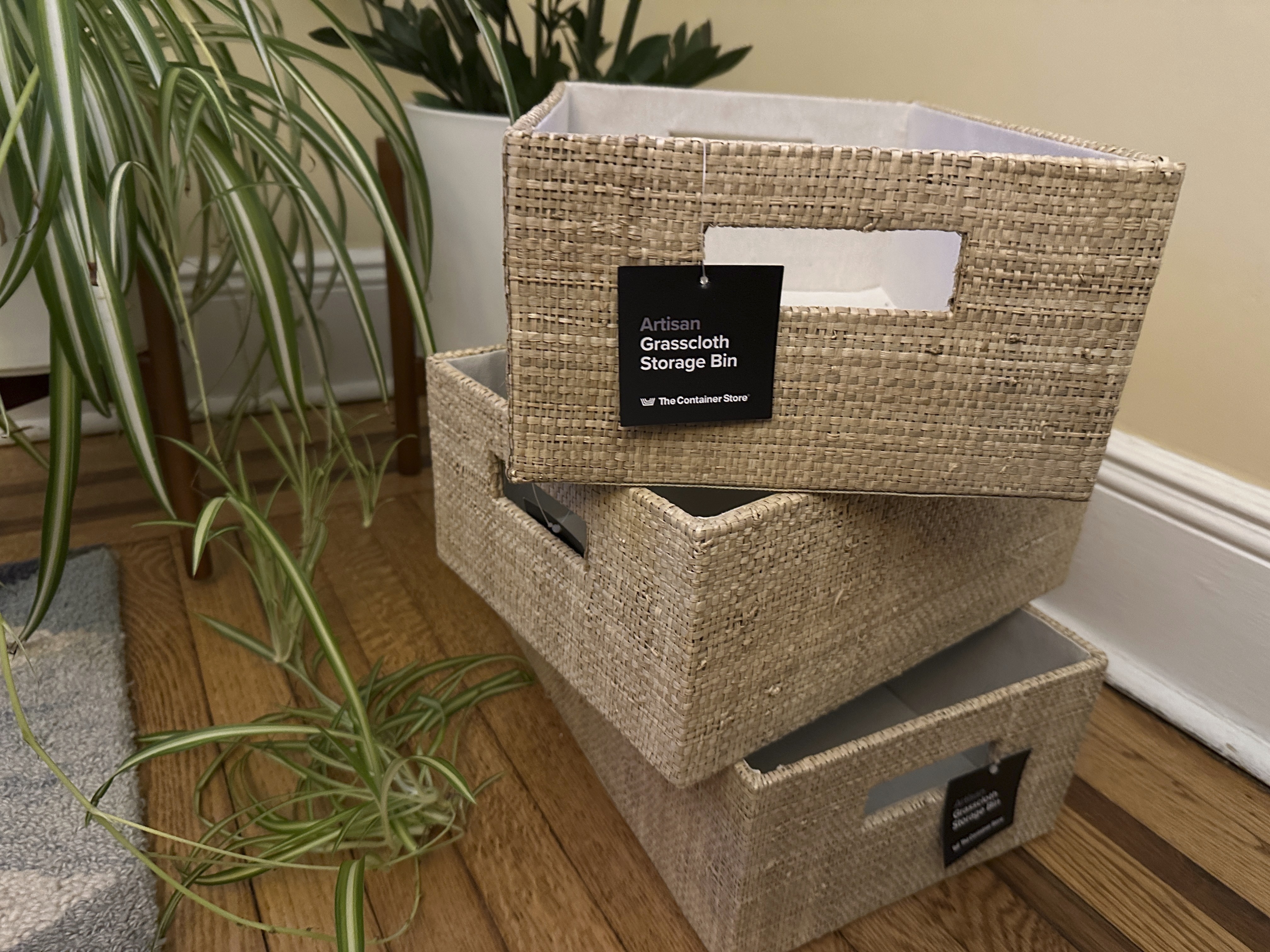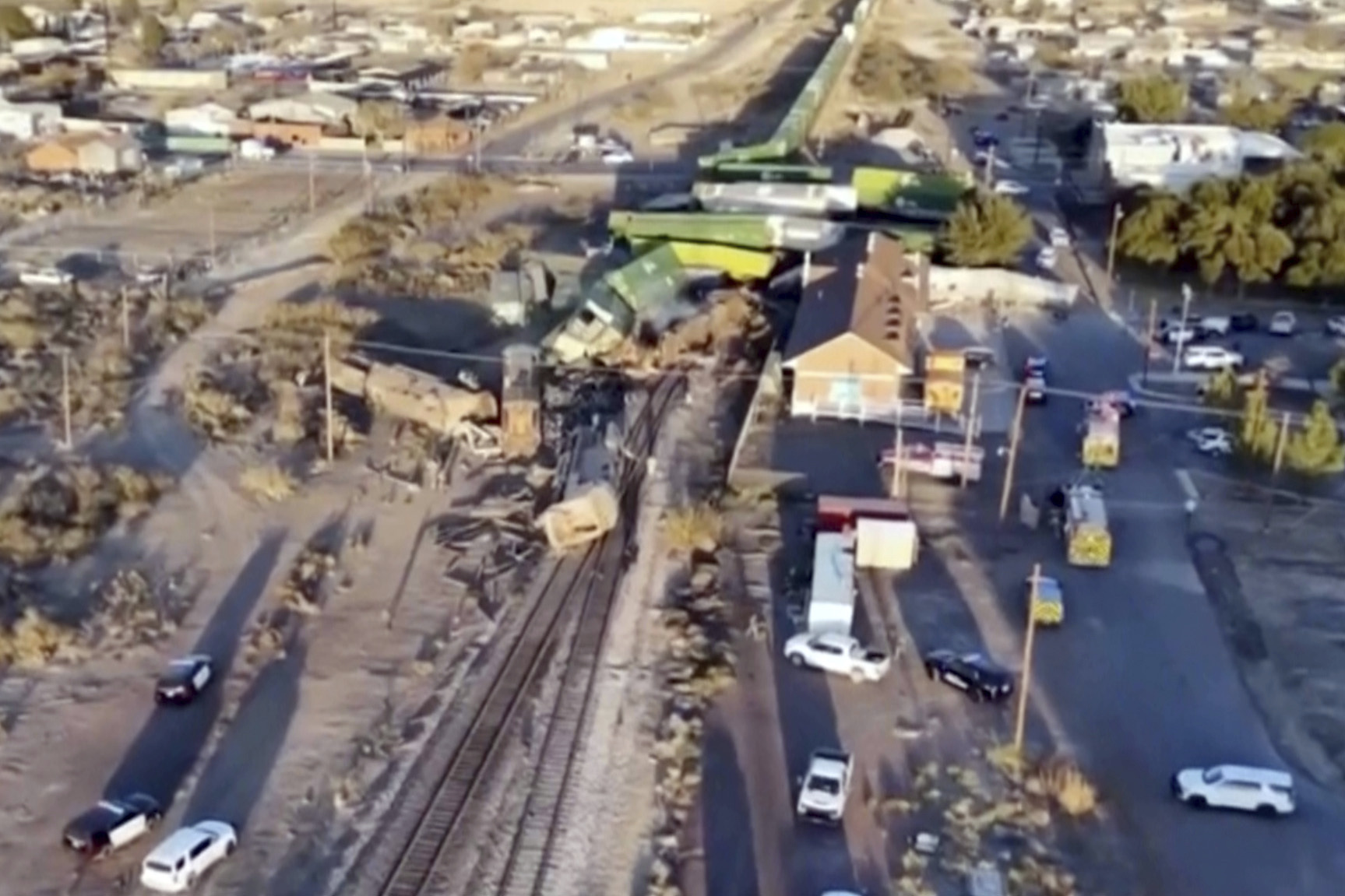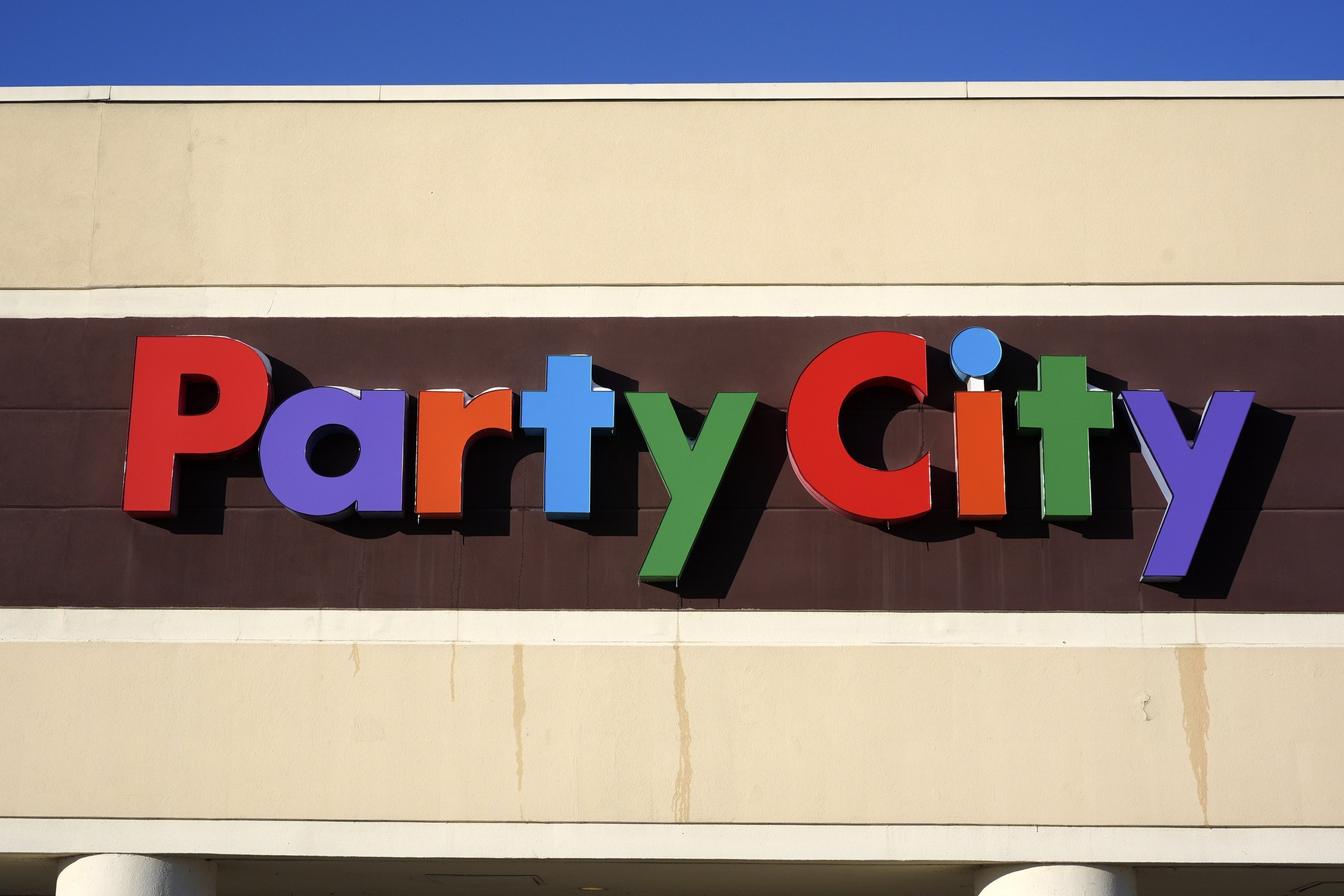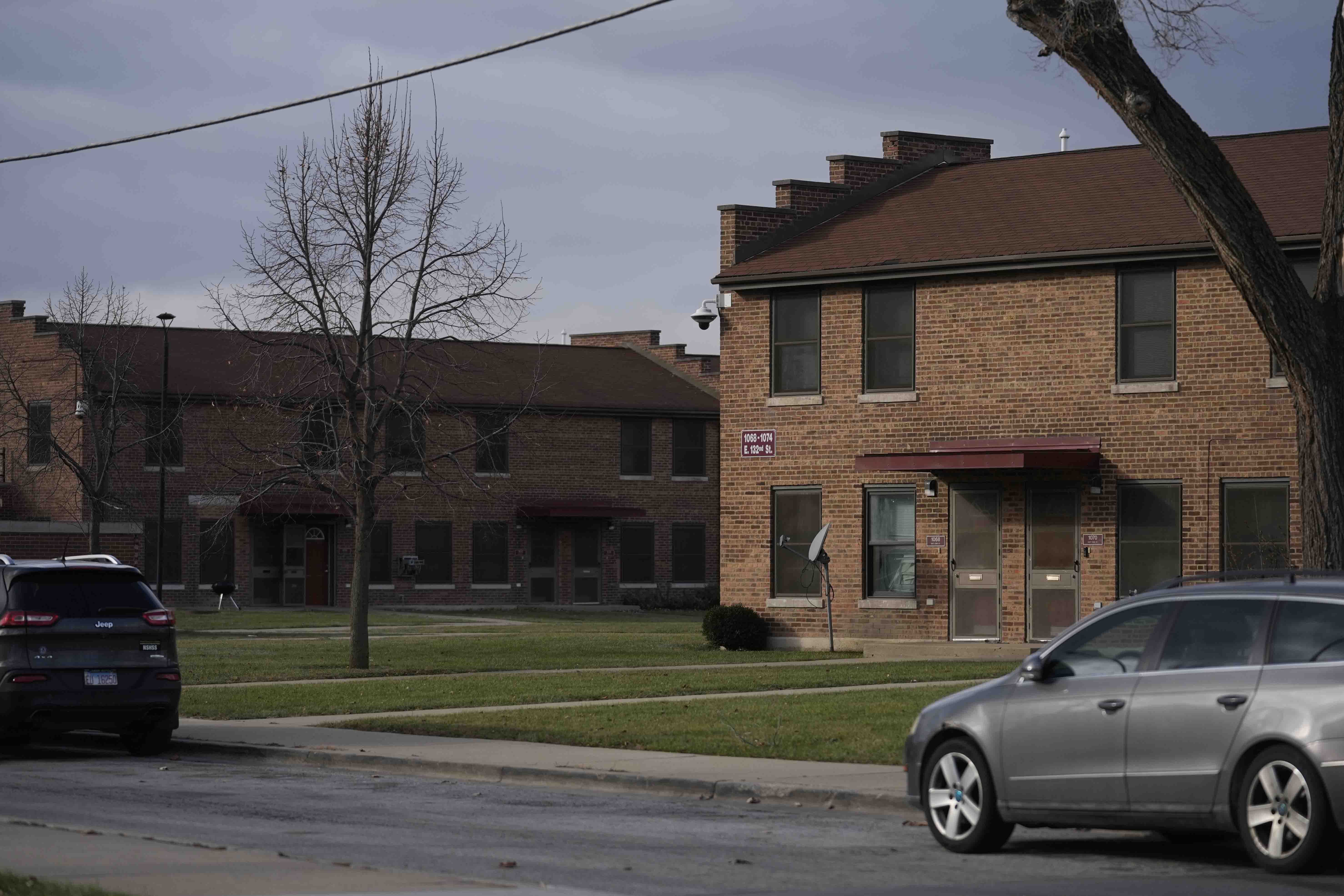CHESAPEAKE, Va. (WAVY) — A historic home in Chesapeake is getting a historical highway marker.
The Owens-Melvin Home is located in Deep Creek off Shell Road and was built in the early 20th century.
“It was built around 1915 by James Edward Owens and Grace Catherine Melvin. Their parents lived here. Their parents were slaves. My dad, Hugo A. Owens, grew up in this house with two people who had been enslaved living in the house with them,” said Patrice Owens Parker.

The house is full of fond memories for Owens Parker, who visited it as a child. She and her siblings decided they wanted to get a historical highway marker after going through some of their father’s belongings.
The marker is expected to be put up later this year.
“I hope they see a story of determination,” she said about people who read the marker once it’s up.
Owens Parker says her grandmother, Grace, graduated from Virginia State in 1900. Her grandfather, James, graduated from Hampton Institute, where he got the skills to build the home.
“These people were the children of people who had just been slaves. I thought it was incredible for them to do that. I thought that was the story they’d be able to tell and how did they do that. That’s the question I’ve had all my life, is how were they able to do that?” she said.
Owens Parker traced her great-grandparents back to multiple plantations in the Chesapeake area. She says that after emancipation, they reunited and moved to the Deep Creek area.
Owens Parker believes that the church in the area, land ownership, and education made it possible for a community to be built.
Her family was excited when they learned about the historical marker.
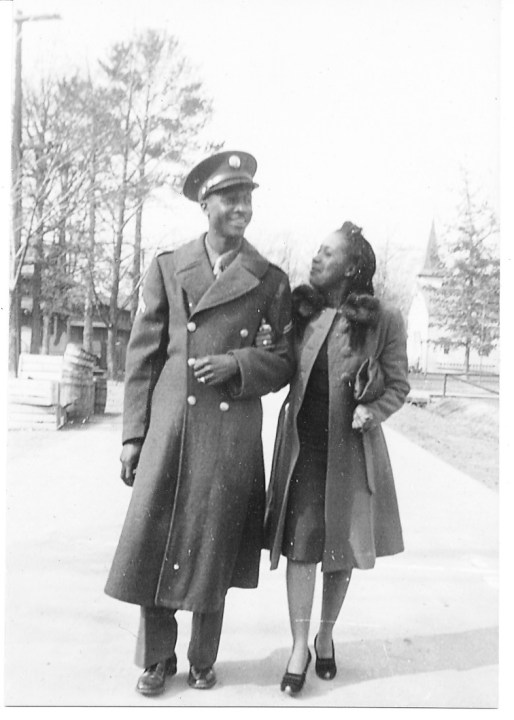
“It’s wonderful for my dad’s legacy. He could never sell this house. It could never let it go. I think it shows how much this house meant to him,” she said.
Owens Parker’s father, Dr. Hugo A. Owens, was one of the first two Black city council members for Chesapeake.
He graduated from I.C. Norcom High School and attended Virginia State University. He served in World War II and after, he attended dental school at Howard University.
Owens started practicing dentistry in Portsmouth, where he also became involved in the civil rights movement. He filed a lawsuit against the city to desegregate city parks and the public library.
Owens Parker was there with them the day they tried to use the library.
“I don’t think I really understood what was happening but yeah, we were nervous,” she said.
Owens ran for Portsmouth City Council in the 1950s and lost by less than 100 votes. His daughter says that he ran to encourage people to vote.

After being elected to Chesapeake City Council in the 1970s along with W.P. Clarke, he became vice mayor.
Owens Parker says her father left behind 17 journals and is amazed the more she learns about him.
“I’ve gotten more of an appreciation of how deeply involved he was. We are now seeing his correspondence of the people he was in contact with,” she said. “It was mind-blowing seeing the number of national leaders he was involved with.”
Although he died in 2008, his legacy continues on through his family and the middle school named in his honor.
Owens Parker says he would visit the school and talk with the students.
Old Dominion University is also opening a dormitory named after him, but this historical marker will continue to add to the legacy he’s left behind by marking the place that started it all.
“I think he would be amazed,” Owens Parker said.

